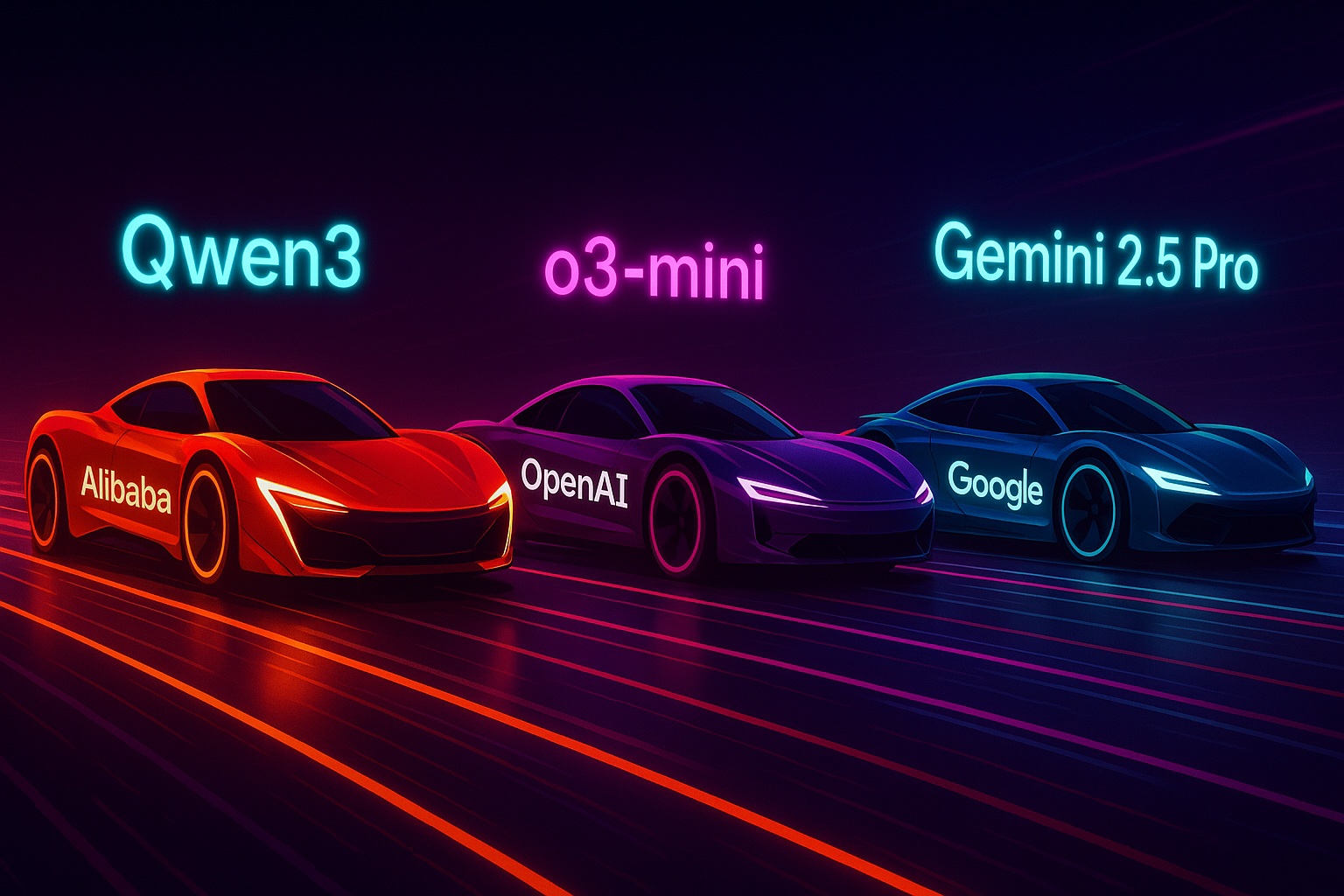Anthropic, a leader in the AI industry, has just unveiled its latest innovation: Claude 4. This new series introduces two groundbreaking models, Claude Opus 4 and Claude Sonnet 4, setting a new benchmark for what AI can achieve.
A New Era for AI
Anthropic has consistently pushed the boundaries of AI technology. With the launch of Claude 4, they continue this tradition, focusing on enhancing AI capabilities in coding, reasoning, and autonomous task execution. This launch is not just an update; it’s a significant leap forward.
Introducing Claude Opus 4
Claude Opus 4 stands out as Anthropic’s most powerful model to date. It excels in complex problem-solving and coding tasks, leading benchmarks like SWE-bench with a score of 72.5%. This model is designed for long-running tasks, capable of working autonomously for up to 7 hours. It’s perfect for complex engineering tasks and advanced coding, making it a game-changer for developers and engineers.
Opus 4 is available at $15 per million input tokens and $75 per million output tokens. It’s accessible through platforms like the Anthropic API, Amazon Bedrock, and Google Cloud Vertex AI, making it easy to integrate into existing workflows.
Meet Claude Sonnet 4
Claude Sonnet 4 is an upgrade from its predecessor, focusing on efficiency and affordability. It achieves a SWE-bench score of 72.7% and is 65% less likely to take shortcuts compared to earlier versions. This model is ideal for high-volume tasks like code reviews, bug fixes, and customer-facing AI agents.
Priced at $3 per million input tokens and $15 per million output tokens, Sonnet 4 offers up to 90% cost savings through prompt caching and 50% via batch processing. It’s available on the same platforms as Opus 4, including for free users, making it widely accessible.
Shared Features and Innovations
Both models introduce hybrid modes, allowing users to switch between near-instant responses and extended thinking for deeper reasoning. They feature “thinking summaries” and support new API capabilities, such as a code execution tool, MCP connector, Files API, and prompt caching up to 1 hour. These enhancements aim to improve performance and accuracy, with Anthropic shifting to more frequent model updates.
Benchmark and Customer Feedback
Both models perform strongly on benchmarks like SWE-bench, GPQA Diamond, MMMLU, MMMU, and AIME. Testimonials from companies like GitHub, Cognition, and Replit highlight up to 10% improvement over previous generations, praising adaptive tool use, precise instruction-following, and strong coding instincts.
Availability and Integration
Claude Opus 4 and Sonnet 4 are integrated into platforms like GitHub Copilot, Databricks, and are available on web, iOS, and Android via the Anthropic API, Amazon Bedrock, and Google Cloud Vertex AI. Claude Code, now generally available, supports background tasks via GitHub Actions, with integrations for VS Code and JetBrains, and an SDK for custom agents, in beta on GitHub.
Pricing Structure
The pricing reflects their target use cases, with Sonnet 4 offering cost-effective solutions for general tasks and Opus 4 catering to high-performance needs. Detailed pricing is available at Anthropic Pricing.
Initial Reactions and Discussions
Recent social media posts highlight Opus 4 topping SWE-bench for coding and Sonnet 4 improving on version 3.7 with better reasoning and control over code edits. An X post by @vibhuuuus mentions a 120-page system card for Claude 4, indicating detailed documentation for further exploration.
Safety and Methodology
Anthropic emphasizes safety with measures detailed at Activating ASL3 Protections, and SWE-bench methodology is explained at SWE-bench Sonnet Engineering.
The launch of Claude Opus 4 and Claude Sonnet 4 today, May 22nd, 2025, underscores Anthropic’s commitment to advancing AI capabilities, particularly in coding and agentic tasks. While Opus 4 targets high-performance, complex scenarios, Sonnet 4 offers an efficient, affordable option for broader use, both enhancing user experience with new features and integrations.



